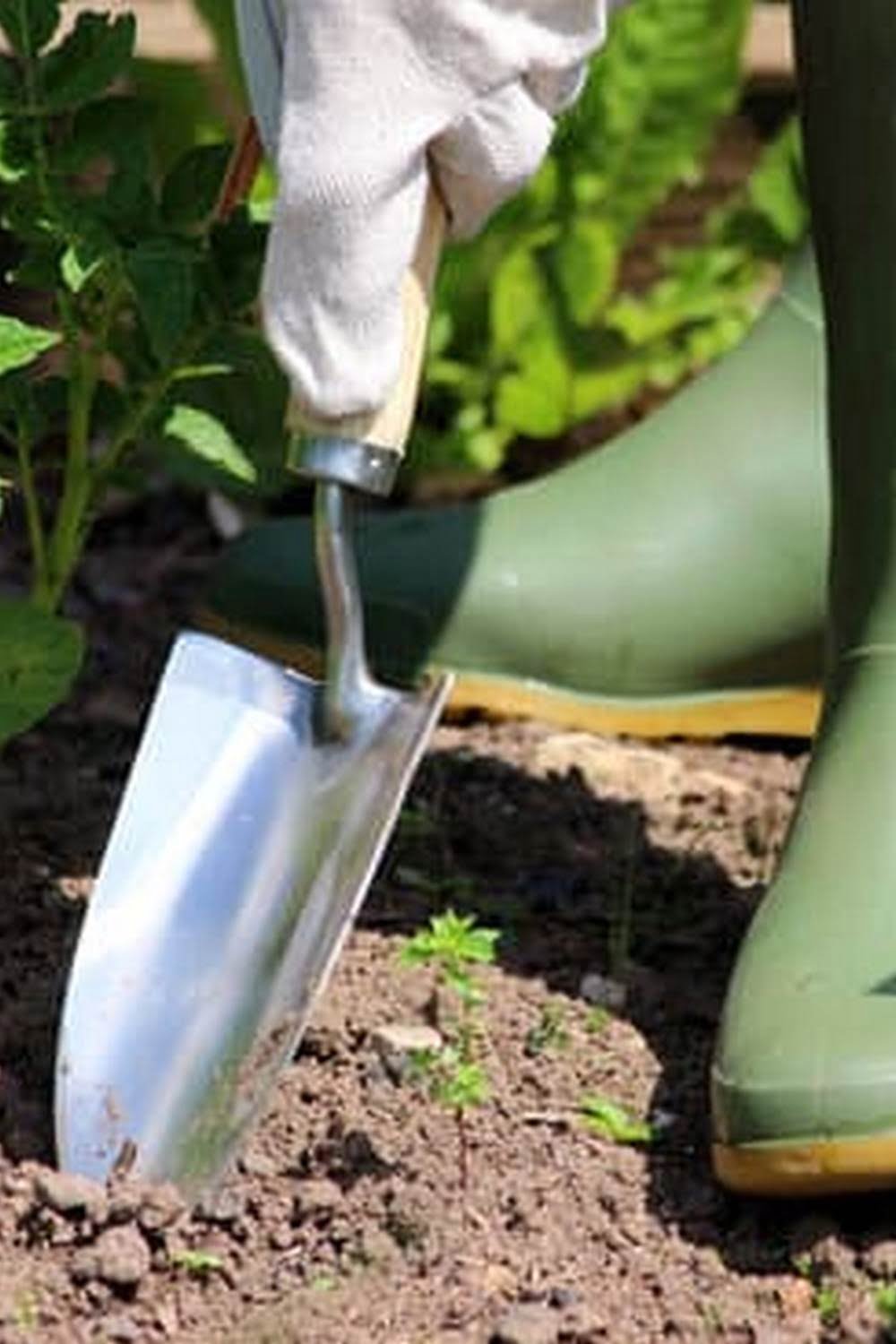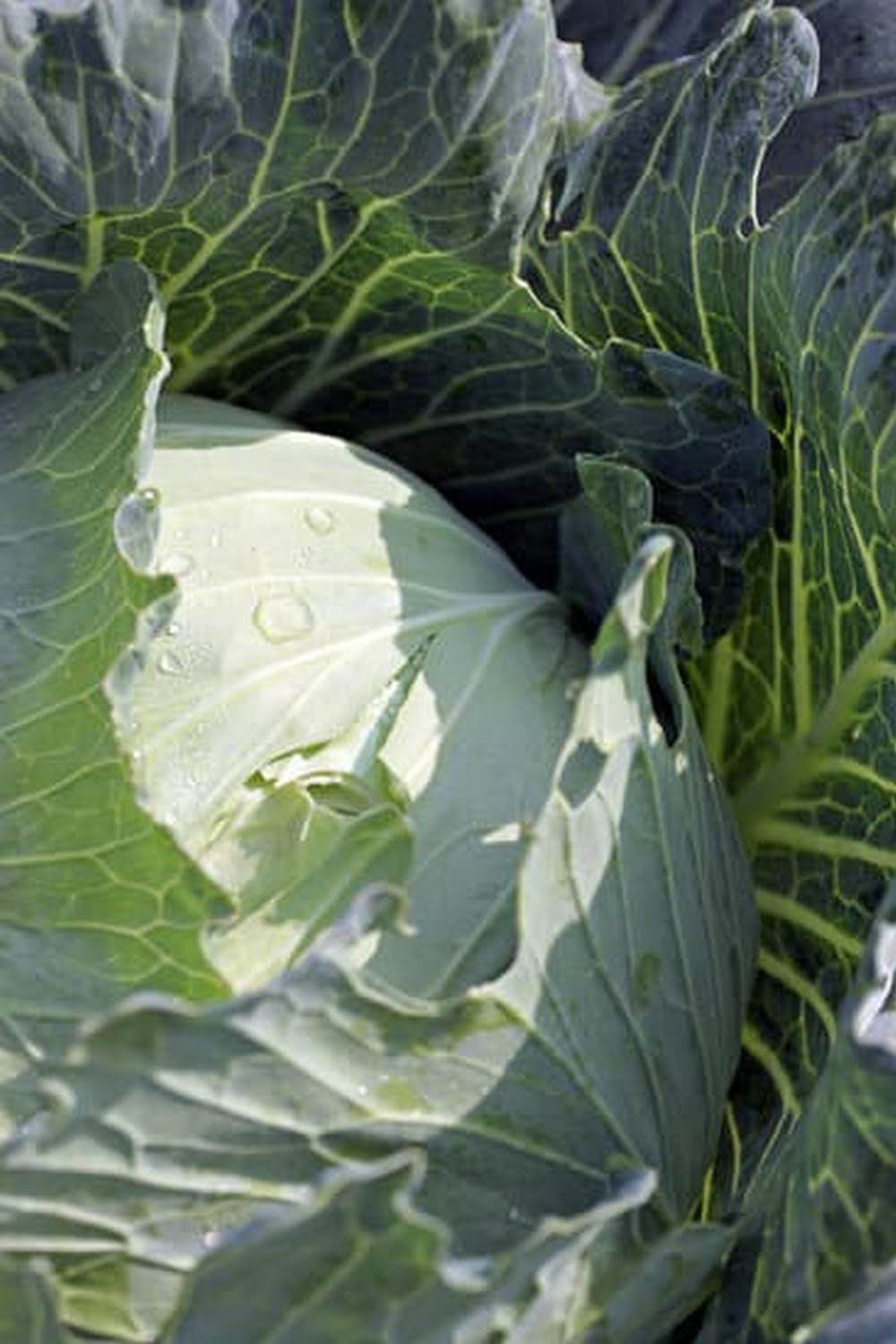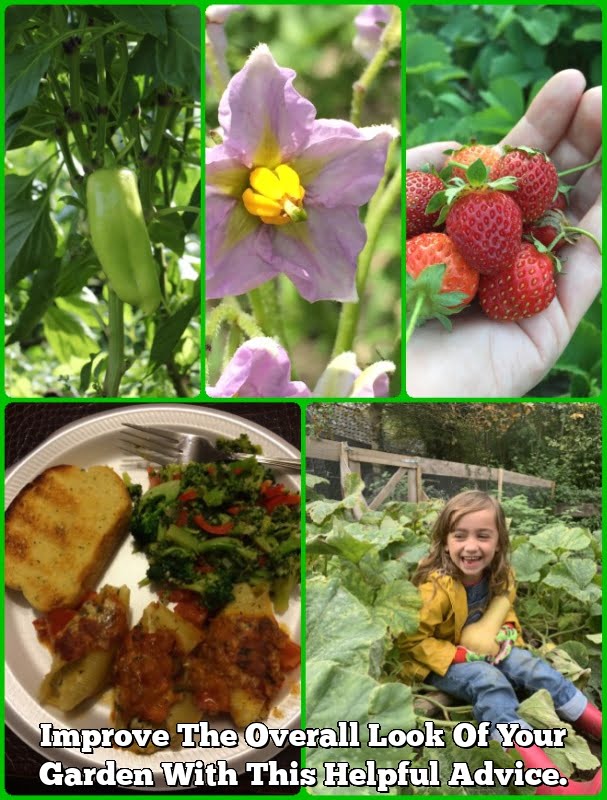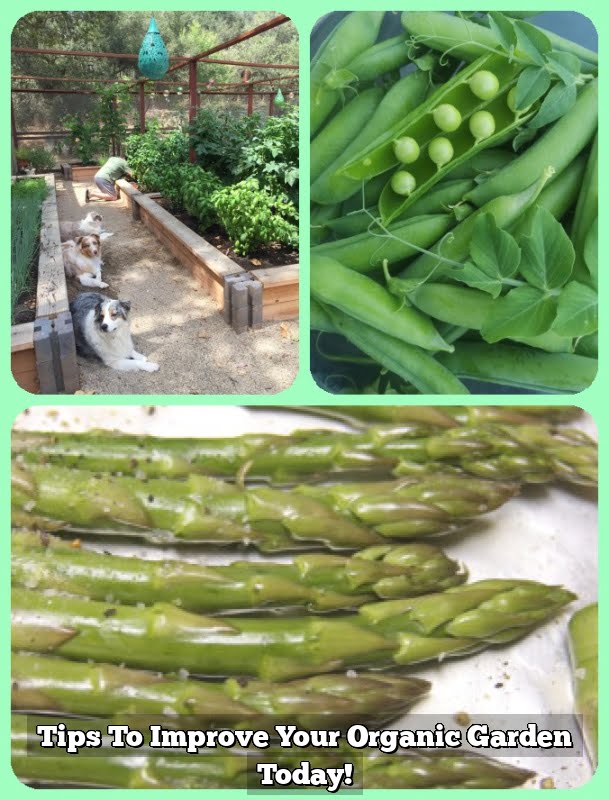How To Improve Garden Soil For Vegetables
In order to have healthy and productive vegetable gardens, it is important to improve the soil. Improving the soil will help to ensure that the plants have access to the nutrients they need, and will also help to improve the overall structure of the soil. There are many ways to improve garden soil, and the following are some tips on how to do it.
One way to improve garden soil is to add organic matter. This can be done by adding compost, leaf mould or manure to the soil. Organic matter will help to improve the structure of the soil, and will also help to provide the plants with nutrients.
Another way to improve garden soil is to add minerals. This can be done by adding lime, sulphur or fertilizers to the soil. Minerals will help to improve the nutrient content of the soil, and will also help to improve the pH level.
A third way to improve garden soil is to add aeration. This can be done by adding sand, gravel or crushed shells to the soil. Aeration will help to improve the drainage of the soil, and will also help to improve the overall structure of the soil.
If you are looking to improve your garden soil, the above are some tips on how to do it. By adding organic matter, minerals and aeration to the soil, you can create a healthy and productive vegetable garden.
Soil For Raised Bed Vegetable Garden
When creating a vegetable garden, one of the first decisions you need to make is what type of soil to use. This is an important decision, as the soil you choose will determine how successful your garden is. If you are using a raised bed, you will want to use a soil mix specifically designed for vegetable gardens.
Commercial soil mixes for vegetable gardens are typically made up of a combination of compost, peat moss, and vermiculite. All of these ingredients are light and airy, which helps to improve drainage and soil aeration. They also help to improve the soil’s ability to hold water and nutrients, which is important for vegetable gardens.
If you are creating your own soil mix for a raised bed vegetable garden, you can mix your own compost with either peat moss or vermiculite. Be sure to use a good quality compost, as this will be the foundation of your soil mix. You can also add some organic fertilizer to help improve the soil’s fertility.
When planting vegetables in a raised bed vegetable garden, be sure to loosen the soil mix before planting. This will help to improve the soil’s ability to hold water and nutrients. You will also need to water your garden regularly, especially during the hot, dry summer months.
Soil mix for raised bed vegetable gardens:
1 part compost
1 part peat moss or vermiculite
1 part organic fertilizer
Best Type Of Soil For Vegetable Garden
The best type of soil for a vegetable garden is a soil that is rich in organic matter. This type of soil is called a loam. A loam is a soil that is made up of equal parts of sand, silt, and clay. Loam soils are fertile and well-drained. They are also easy to work with.
If your soil is not a loam, you can improve it by adding organic matter. You can do this by adding compost, manure, or leaf mold to your soil. These materials will help to improve the texture of your soil and will also help to improve the fertility of your soil.
If your soil is sandy, you can add organic matter to help improve the fertility of your soil. If your soil is clayey, you can add organic matter to help improve the drainage of your soil.
If you are not sure what type of soil you have, you can take a soil sample to your local county extension office and have it tested.
Best Mix For Vegetable Garden Soil
The best mix for vegetable garden soil is one that is rich in organic matter and has good drainage. A mix of one-third organic matter (compost, manure, or leaf mold), one-third soil, and one-third sand will provide the right balance of nutrients, drainage, and stability.
If your soil is heavy and poorly drained, add one-third organic matter to lighten it up and improve drainage. If your soil is sandy, add one-third organic matter to help it hold nutrients and water. You can also add some organic matter to garden soil that is already rich in organic matter to help improve its structure.
A soil test can help you determine the nutrient levels in your soil and whether you need to add any amendments. If your soil is low in nitrogen, phosphorus, or potassium, you can add organic or inorganic fertilizers to increase these nutrients.
The best time to add organic matter to your soil is in the fall, when the soil is cool and the organic matter will break down slowly over the winter. You can also add organic matter in the spring, but it will break down more quickly and you may need to add more later in the season. Inorganic fertilizers can be added any time during the growing season.
What Soil Is Best For Garden With Vegetables
?
There is no one-size-fits-all answer to this question, as the best soil for garden vegetables depends on the specific vegetables you are growing and your climate and soil conditions. However, in general, a loose, fertile soil that is well-drained and rich in organic matter is best for growing vegetables.
If you are gardening in a region with heavy clay soils, you may need to amend your soil with organic matter to make it more loose and fertile. If you are gardening in a region with sandy soils, you may need to add organic matter or compost to help retain moisture and nutrients.
When choosing a soil for your garden vegetables, it is also important to consider the pH of the soil. Most vegetables prefer a soil pH of 6.0 to 7.0, but you can check the pH of your soil with a soil test kit to be sure. If the pH of your soil is too acidic or too alkaline, you can amend the soil to bring it into the desired range.
Soil preparation is also key when growing vegetables. Be sure to till or spade the soil to a depth of at least 12 inches, and mix in plenty of organic matter such as compost, leaf mold, or well-rotted manure. Vegetables need a steady supply of nutrients to grow well, and organic matter helps to provide these nutrients in a slow-release form.
If you follow these tips, you should be able to create a soil that is perfect for growing delicious vegetables in your garden!

If you’re looking to get into vegetable gardening, or are just looking for some tips on how to make your current garden better, then you’ve come to the right place! My name is Ethel and I have been gardening for years. In this blog, I’m going to share with you some of my best tips on how to create a successful vegetable garden.





